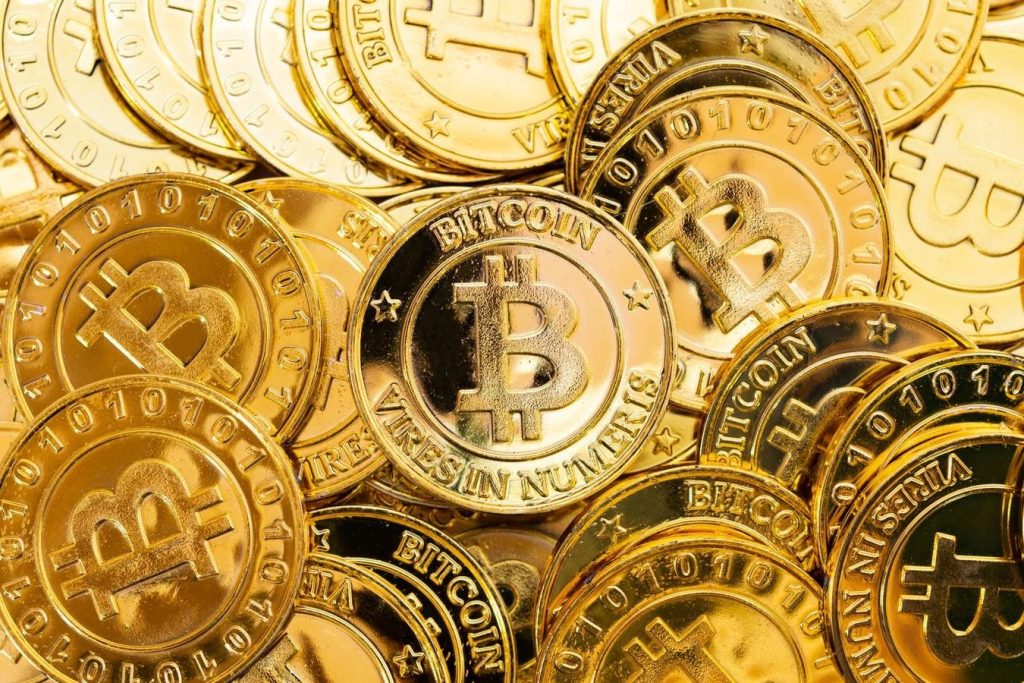Last week at the Paris Blockchain Week, artificial intelligence (AI) and Bitcoin took center stage as the blockchain and digital assets event attracted nearly 10,000 people, a 25% increase from the previous year. The rise in interest in AI has been significant, especially since the launch of ChatGPT in November 2022, with Google searches for AI surpassing those for Bitcoin. The potential of these technologies to reshape the world was highlighted through the lens of Complex Adaptive Systems (CAS) theory, emphasizing decentralization, network effects, and nonlinear dynamics.
Smart contracts were a key topic discussed at the event, with the potential to revolutionize transactions by automating processes, increasing efficiency, and reducing costs. Doug Levin, an Executive-in-Residence at Harvard Business School, presented a use case for smart contracts in the oil industry, showing how these contracts could create a fairer and more transparent marketplace for buyers and sellers. The efficiency of blockchain transactions was also demonstrated by a $1 billion Bitcoin transaction settling in under an hour with a fee of only $700.
Looking towards the future, Ryan Condron shared a thought-provoking vision of a world where personalized AI could continue to make investment decisions on behalf of individuals even after they have passed away. Elon Musk’s prediction that AI will become “smarter than the smartest human” by next year sparked conversations around the transformative power of AI. The technology has already passed rigorous human tests, including the Uniform Bar Exam, raising questions about what it means to be “smart.”
JPMorgan CEO Jamie Dimon also weighed in on AI, noting its potential to be as transformational as major technological inventions in history. While Dimon has expressed negative views on Bitcoin due to its challenge to traditional banking systems, there are parallels between the risks he outlines, such as record-high government debt and political polarization, and the reasons to own uncorrelated assets like Bitcoin. Despite the challenges, there is optimism surrounding the possibilities presented by AI and Bitcoin, from smart contracts to financial freedom and innovation.
In conclusion, the convergence of AI and blockchain technology presents exciting opportunities for the future. As we navigate the transformative power of these technologies, it is important to approach them with a sense of optimism and explore the potential for positive change. With AI and Bitcoin at the forefront of innovation, we may be on the verge of a new era of technological advancement and financial liberation.













